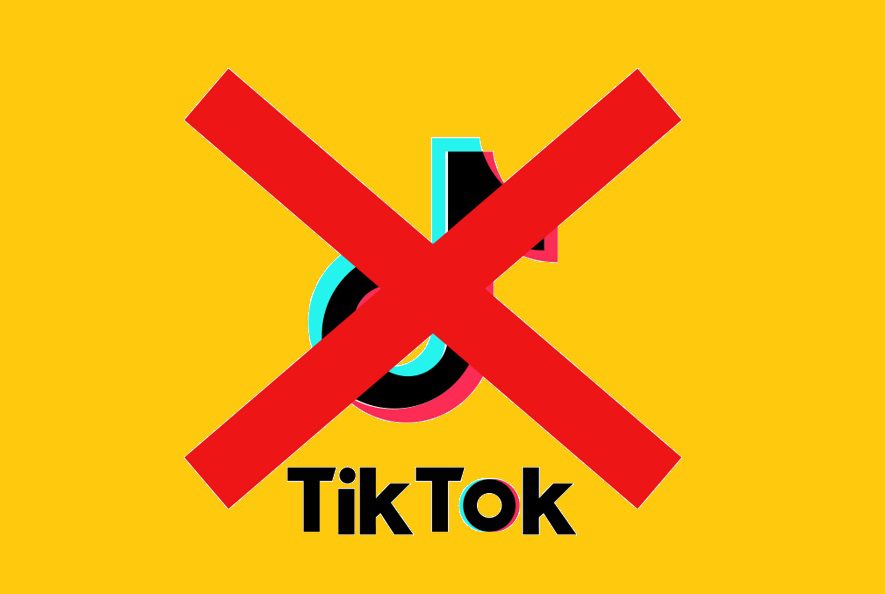Table Of Content
The potential TikTok ban in the United States has advanced significantly, with substantial developments in legislative proceedings. The U.S. House of Representatives recently passed a bill that could force TikTok’s Chinese owner, ByteDance, to divest from the company or face a ban. This legislation aims to protect national security by preventing potential misuse of user information by foreign adversaries.
President Joe Biden has indicated his willingness to support this divestment approach, suggesting that if the bill reaches his desk, he will sign it into law. The bill, however, is facing an uncertain future in the Senate, where there is notable opposition from some members, making it unclear when or if it will pass. Critics argue that such a ban might set a global precedent for excessive government control over social media platforms and could adversely affect free expression worldwide.
Interestingly, public support for a TikTok ban is not overwhelming, with only a minority of U.S. adults in favor, and even fewer among younger demographics This situation underscores the complex interplay between national security concerns and the rights to free expression and access to global digital platforms.
The ongoing developments indicate a significant legislative and public discourse on the implications of banning or controlling TikTok in the U.S., reflecting broader concerns about privacy, security, and international relations.
What we knew a month ago
The rumors around a possible nationwide TikTok ban has stirred a mix of curiosity, concern, and a ton of speculation. If you’re someone who’s woven TikTok into the daily fabric of your life, you might be wondering: What would a TikTok ban actually look like in the United States?
If you’re an avid TikTok user, this might sound particularly alarming. The platform isn’t just under scrutiny for its ownership. Concerns about national security and data privacy also shadow its operations, adding layers of complexity to the debate. It’s not all about legislative jargon though; this has real-world implications for millions of users and creators who find value and community through the app.

The impact of a potential US TikTok Ban
Picture this:
One day, you reach for your phone, craving your daily dose of laughter, learning, and lip-sync battles, only to find that TikTok is no longer accessible. A nationwide ban would mean the app disappears from app stores, making downloads and updates a thing of the past. Content creation and consumption would hit a wall, leaving a noticeable void in digital culture and entertainment.
While TikTok advocates rally and the company pushes back, arguing against what it views as an infringement on free speech and an attack on small businesses supported by the platform, the broader implications are worth your attention. What happens next could set precedents affecting not just TikTok but the entire social media ecosystem.
Implications of a TikTok-less World
Without TikTok, the rhythm of online interaction changes. Creators and followers would need to pivot to alternative platforms, adapting to different content formats and community vibes. The loss of TikTok’s unique algorithm, known for its uncanny ability to serve highly personalized content, could challenge users to find new ways to connect with their interests and communities.
You might wonder, “What can I do?” Staying informed is key. Understanding both the arguments for and against the ban will equip you to navigate these discussions, whether in casual conversation or more formal debates. Watching how it unfolds can also offer insights into how digital platforms can be regulated in the U.S. and globally.

